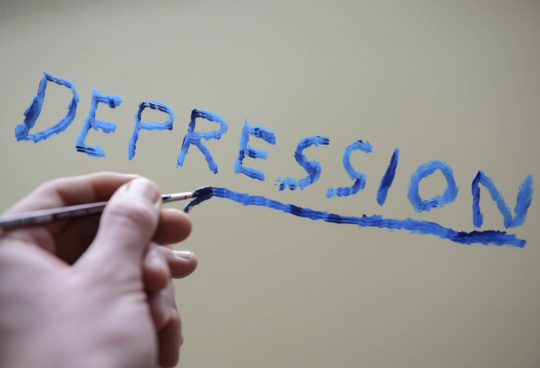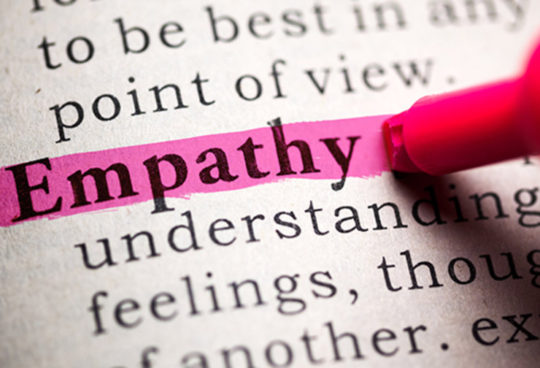A massive part of being healthy and having good mental wellbeing is learning how to communicate effectively. So what is communication? Well it’s quite simply defined as the ‘imparting, or exchanging, of information by speaking, writing or some other medium’. It comes from the Latin word, communis, which means ‘to share’ and I think learning to share information about ourselves and our needs is one of the keys to better wellbeing.
How many times have you heard someone say ‘they don’t understand me’ or ‘no one knows how to help me’ or ‘they don’t know the right thing to do or say’? I know I’ve heard it a lot – sometimes even coming out of my own mouth! People often think that others should just know what they need. They may think that, if the other person truly cared, they would know what to do. Sometimes people think that someone needs to have gone through the same situation as them in order to understand. However, if we believe that everyone is unique then we have to accept that other people can’t just automatically understand our thoughts, feelings and behaviours. We need to understand that, even if someone has gone through the same situation as we have, they may have felt entirely differently about it. Therefore, we need to learn to communicate in order for anyone to understand us properly.

Consider this. You go into a restaurant and order steak. The waiter asks you how you want it and you just shrug and say ‘however’. They bring you your steak and it is well done but you actually prefer rare. Do you have a valid complaint? No, you don’t. You didn’t communicate to them what you needed and therefore they had to guess. You didn’t get what you wanted but, let’s be fair, it wasn’t the chef’s fault it was yours.

A couple get back together after a relationship breakdown. They both agree that they had let things slip and that they need to ‘be more romantic’ with each other, but they don’t specify what this actually means to each of them. One partner sees romance as going out on dates, buying gifts and romantic weekends away while the other sees romance as kissing goodbye in the mornings, cuddling on the sofa and holding hands. If they don’t communicate this difference and just expect their version of ‘romance’ from the other it could easily lead to frustration again.
The same goes for our wellbeing. If a client tells me that they are not getting what they need from those around them I first ask them whether they have effectively communicated what it is that they need or what they don’t need. If they’re upset do they want the other person to ask them why or do they want the person to try and cheer them up without asking. Do they want to be left alone or do they not want to be left alone? Do they want someone to just listen and not to give advice or do they want advice? Do they want someone to go through their options with them or just to give them a hug? There are so many different ways of responding to someone in distress – how can someone possibly know which is best for you without being told.
The main way to effectively communicate is to be clear – don’t assume anything. In the movies everyone seems to just know what the other person needs without having to ask but life is not often like the movies – we need to tell people. This does not mean that they don’t love you, or don’t care, it just means they are different from you and you are different from them. We are all different and have different needs.

Also, it is often best to communicate verbally if you can. Just expecting people to notice you are struggling and to then give you the support you need can often lead to you being disappointed and frustrated. Sometimes other people are able to pick up on our emotions and respond effectively but, other times, they may not recognize it or they may be distracted by their own stuff. If you are feeling low and need someone to support you then tell them this clearly – in words.

So, if you realise that you might not be communicating your needs effectively, what can you do? Well, firstly, you could ask yourself why. Do you have unreasonable expectations of others – that they should just know? Do you feel that love = mind reading? Are you keeping your defences in place in order to not have to open up to people? Is it easier to blame others for not supporting you properly than for you to try and change? Some of these questions might seem harsh but I’m not judging. There will be a reason for your behaviour however it just might not be helping you any more. It might be time to change; time to try and share your needs with others.
The caveat to all this is that you are communicating with the right people. If you have people in your life that are caring and trustworthy then there is no reason you shouldn’t be communicating with them. However, if there is no one in your life that fits this description at the moment then maybe start with a professional. But remember, we may be experts in our therapeutic practice, but that does not make us experts in you. You need to try to communicate effectively with us as well.






Sorry, the comment form is closed at this time.